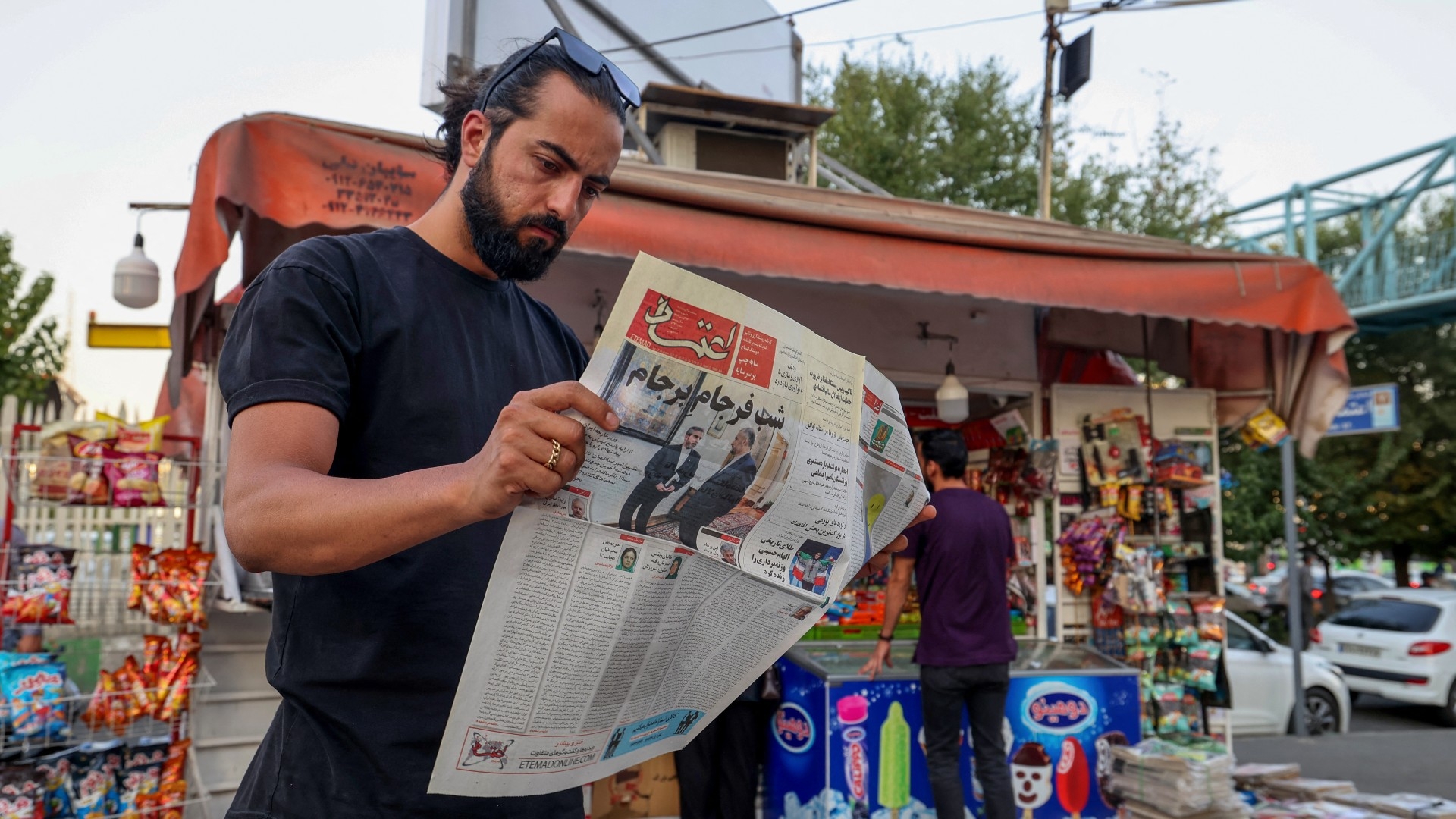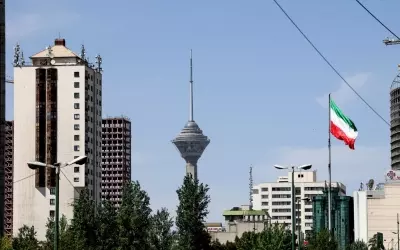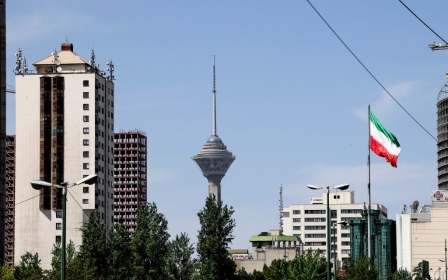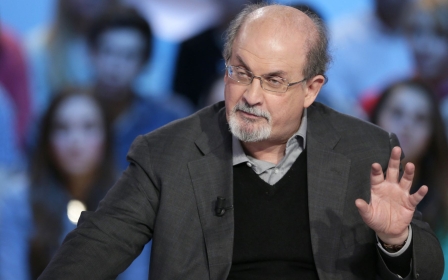US 'procrastinating' over reviving nuclear deal, Iran says

Iran has accused the United States of “procrastinating” and the European Union of “inaction” in efforts to revive the 2015 nuclear deal.
Earlier this month, the EU sent Tehran its “final” proposal to restore the agreement, under which Iran curbed its nuclear programme in return for economic sanctions relief.
The Islamic Republic responded to the EU’s text with “additional views and considerations”, requesting flexibility from Washington to resolve three outstanding issues. The EU and US have since said it was studying Iran’s response.
"The Americans are procrastinating and there is inaction from the European sides… America and Europe need an agreement more than Iran," Foreign Ministry spokesperson Nasser Kanaani said during a press conference on Monday.
"Until we agree on all issues, we cannot say that we have reached a complete agreement," he added.
New MEE newsletter: Jerusalem Dispatch
Sign up to get the latest insights and analysis on Israel-Palestine, alongside Turkey Unpacked and other MEE newsletters
Prisoner swap ‘separate issue’
In 2018, then-President Donald Trump reneged on the nuclear agreement reached by his predecessor Barack Obama, calling it too soft on Iran.
The Trump administration reimposed harsh sanctions, spurring Iran to breach its limits on uranium enrichment.
"We seek a good agreement which would guarantee Iran's national interests and would be long-lasting... We won't be bitten twice," Kanaani said.
The US has long called on Iran to release several Iranian-American dual citizens detained on charges linked to US sanctions.
"We emphasise that the exchange of prisoners with Washington is a separate issue and it has nothing to do with the process of negotiations to revive the 2015 pact," Kanaani said, adding that Tehran was ready to swap prisoners.
On Sunday, leaders of the US, Britain, France and Germany discussed efforts to revive the deal during a phone call.
“They discussed ongoing negotiations over Iran’s nuclear program, the need to strengthen support for partners in the Middle East region, and joint efforts to deter and constrain Iran’s destabilising regional activities," the White House said.
Middle East Eye delivers independent and unrivalled coverage and analysis of the Middle East, North Africa and beyond. To learn more about republishing this content and the associated fees, please fill out this form. More about MEE can be found here.





